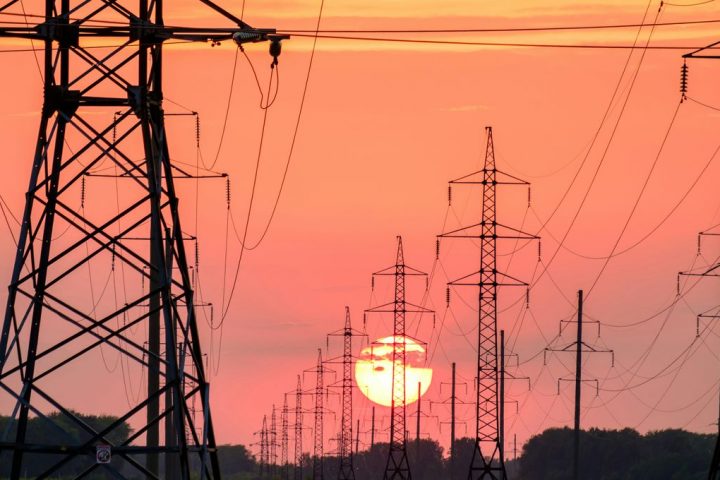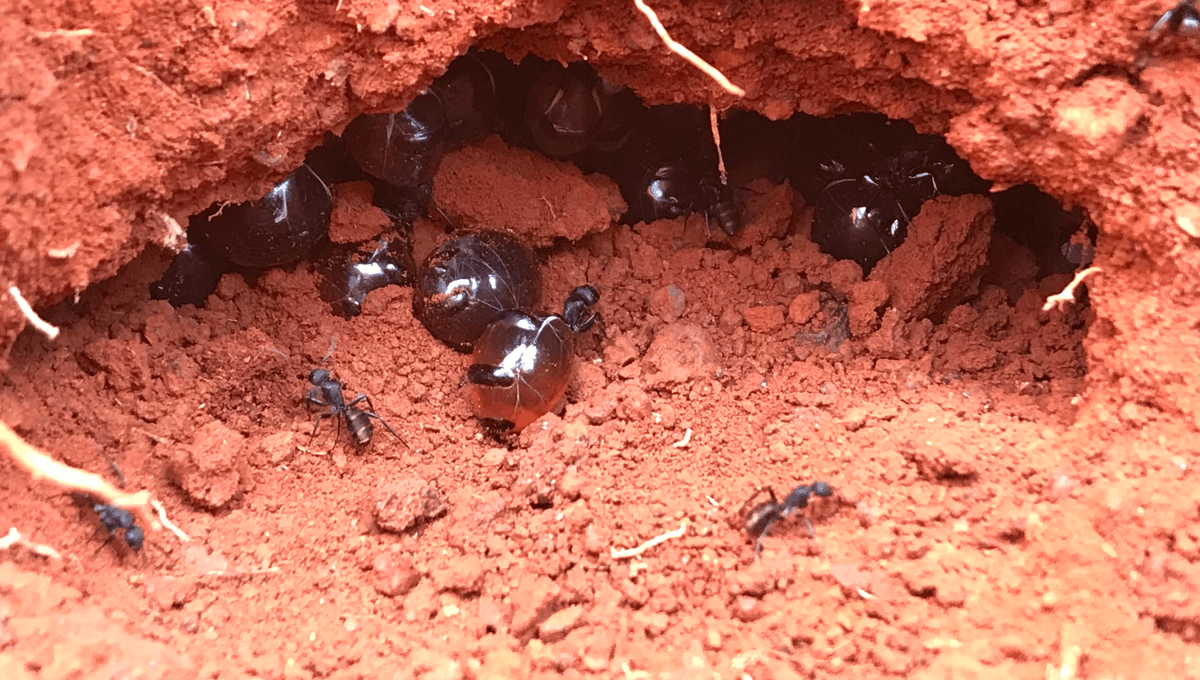Prepare for a dire warning from William E Rees, Professor Emeritus at the University of British Columbia. With over 150 peer-reviewed papers under his belt, Rees is no stranger to the consequences of growth and socioeconomic development. In fact, he’s even credited with coining the phrase “ecological footprint”.
In his latest study, Rees delivers a fresh wake-up call, highlighting the unsustainable consumption of resources and exponential population growth that has pushed our modern techno-industrial society into a dangerous state of advanced overshoot. Brace yourselves, because he believes it’s “inevitable” that the world will face a global economic downturn and a shrinking population in this century.
It all boils down to our insatiable appetite for finite resources as we strive for continuous economic growth in our modern techno-industrial society.
Rees argues that all species, including us humans (Homo sapiens), have a natural inclination to grow and reproduce until their habitat reaches its breaking point. Eventually, any species will reach a tipping point where their abundant numbers lead to excessive consumption and habitat degradation, resulting in food shortages, disease, or predation. This negative feedback loop causes the population to decline below the long-term carrying capacity of the habitat. Over time, resources replenish, and the habitat repairs itself, starting the cycle anew.
However, humans find themselves in a particularly precarious situation. The discovery and utilization of fossil fuels, especially since the 19th century, triggered an unprecedented era of food and resource abundance, leading to a global population boom. In just 200 years, our population skyrocketed from 1 billion to a staggering 8 billion.
Now, the supply of fossil fuels is dwindling, with no immediate prospects for replenishment. Simultaneously, our excessive reliance on fossil fuels has irreversibly altered the planet.
“The abundance generated by fossil fuels enabled Homo sapiens to experience a one-off global population boom-bust cycle. It is a ‘one-off’ cycle because it was made possible by vast stocks of both potentially renewable self-producing resources and finite non-renewable resources, including fossil fuels, which have been greatly depleted. No repetition is possible,” writes Rees.
By choosing industrialization, Homo sapiens unknowingly committed to a transient way of life, where the finite resources that sustain our industrial existence would inevitably become insufficient.
Various studies have predicted a decline in the global population in the coming century. A massive study published in The Lancet in 2020 suggested that the global population will continue to grow over the next few decades, peaking at around 9.7 billion people in 2064 before declining to 8.8 billion by 2100. Other projections have been even more extreme, suggesting that the world’s population could plummet to as low as 6 billion people by the end of the century.
Rees warns that the resource overshoot and resulting “population correction” could lead to a messy situation. If left unchecked, it has the potential to bring about reduced goods production, massive unemployment, broken supply chains, declining GDP, decreasing personal incomes, and overwhelmed social services, leaving billions of people in a state of uncertainty. In the worst-case scenario, societal collapse becomes a real possibility. Either way, a decline in population is likely to follow.
“It is uncertain whether much or any of industrial high-tech can persist in the absence of abundant cheap energy and rich resource reserves, most of which will have been extracted, used, and dissipated. It may well be that the best-case future will, in fact, be powered by renewable energy, but in the form of human muscle, draft horses, mules, and oxen supplemented by mechanical water wheels and windmills,” he adds.
Rees continues, “In the worst case, the billion or so survivors will face a return to Stone-Age lifestyles. Should this be humanity’s future, it will not be urban sophisticates that survive but rather the pre-adapted rural poor and remaining pockets of Indigenous peoples.”
So, what can we do to avoid this grim fate? Rees had previously argued that we could mitigate disaster by reducing our ecological footprint and abandoning the pursuit of perpetual material growth. However, in his latest paper, he sounds less optimistic.
“One might expect that an intelligent social species would devise cultural overrides to rein in potentially dangerous expansionist tendencies on a finite planet. Rather remarkably, the opposite is the case,” Rees writes.
He concludes, “In the best of all possible worlds, the whole transition might actually be managed in ways that prevent unnecessary suffering for millions, or even billions, of people. But this is not happening – and cannot happen – in a world blind to its own predicament.”
The study is published in the journal World.








